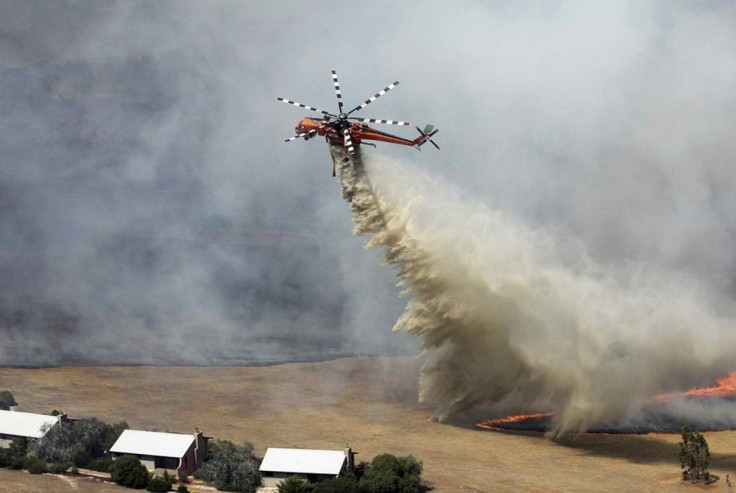Prolonged Heatwave In Australia Matched Black Saturday's Record Temperature (VIDEOS)

(Source: YouTube/AP)
Australia's heat wave lasting for several weeks had matched the intensity of rising temperatures before the tragic Black Saturday bushfires in 2009.
According to the Bureau of Meteorology, a dome of hot air was seen over Western Australia during the second week of January. The scorching heat broke temperature records before moving to the east. The heat wave has changed its course and headed for Queensland.
In a special climate statement, the bureau reported the heat wave in various parts of Australia has set records for consecutive days of rising temperatures. The recent heat wave in Victoria, Tasmania, the southern half of South Australia, and NSW rivaled those of 2009, 1939 and 1908 for nearly having the same temperature. Southeastern Australia has been sizzling in extremely hot weather with Melbourne residents experiencing 40 degrees centigrade for four consecutive days, a trend not observed since 1908.
The report also revealed the recent heat wave is "one of the most significant" based on the records. The heat wave in Australia remained for extended periods. Victoria is notable for having experienced extreme heat. The average temperature in Melbourne was between 35 and 45 degrees.
Fires in South Australia and New South Wales were also reported and prompted officials to issue several fire alerts. Southeast Australia has been experiencing consecutive days of scorching temperatures.
The Climate Council has warned Australia in December 2013 to prepare for more frequent and intense bushfires. The council, which was formerly funded by the Australian government before Prime Minister Tony Abbott scrapped the body, has released its report about the risks of bushfires.
The Climate Council's Chief Tim Flannery said although bushfires in Australia are nothing new, there was a growing possibility that more will happen in the future. He added climate change will increase the risk of frequent bushfires.
After the Bureau of Meteorology has announced 2013 as the hottest year in Australia, the spotlight was turned on Abbott as critics seized an opportunity to call for a climate policy change.
(Source: Youtube/Reviewmanify)





















